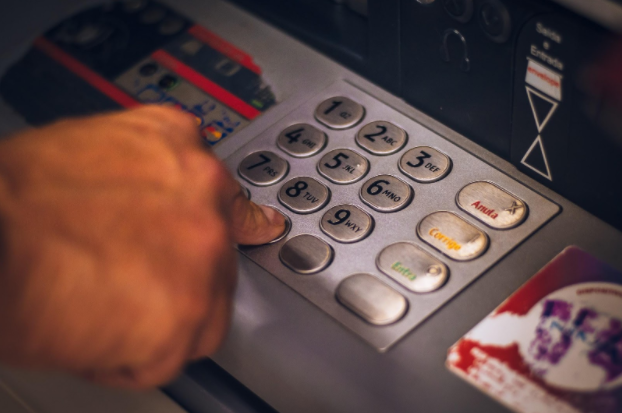Banking in Atlanta, Georgia – What You Should Know
 If you want to understand how to operate a bank, then you need to learn about some of the banking terms. For instance, you should understand the difference between a checking and savings account. A checking account is a convenient way to deposit money, write checks, and make purchases.
If you want to understand how to operate a bank, then you need to learn about some of the banking terms. For instance, you should understand the difference between a checking and savings account. A checking account is a convenient way to deposit money, write checks, and make purchases.
Most people use checking accounts to pay their bills and receive wages. It can be confusing to understand all the terminology involved, but a glossary of money management terms can help you make sense of all the terms and processes.
Understanding banking terms is essential if you want to have a smooth financial transaction. Not only can it help you navigate the sometimes-confusing world of personal finance, but you can also avoid making mistakes and get the best results from the services.
In addition to helping, you understand the terms used in money management, understanding these terms will help you gain a job at a bank and even travel internationally for business. By understanding these terms, you will be better prepared for any eventuality that may arise in your banking relationships.
Savings Accounts
There are several kinds of savings accounts available. Savings accounts are a safe way to deposit money and earn interest. There are no monthly maintenance fees or minimum balance requirements. However, some banks will charge you a monthly maintenance fee for keeping your account.
Make sure that your bank is insured by the FDIC or NCUSIF (National Credit Union Share Insurance Fund). The process for opening a savings account varies depending on your location. You will need to provide government-issued identification, your Social Security number, your mailing address, and your date of birth.
Likewise, checking accounts and savings accounts may not have the same interest rates. To compare your options, compare the interest rates, monthly minimum balance requirements, and fees between various financial institutions.
Checking accounts
There are two types of accounts: checking and savings account. A checking account is designed for day-to-day spending, such as cashing checks. While savings accounts are intended to be used for longer-term savings, checking accounts are typically more flexible.
You can make regular deposits, move portions of your earnings to a savings account, and earn interest. Checking accounts are the most common type of Atlanta bank account. Keeping your money in a checking account gives you easy access to it whenever you need it. A checking account is a convenient way to store cash and use checks to make purchases.
Depending on the type of account you choose, you can even avoid monthly service fees by using a debit card. Be sure to compare the services of different checking accounts and decide which ones will work best for you. Then, compare the costs and benefits of each. A checking account has a specific balance, called the available balance.
This amount is not always the exact amount of money in your account, and recent transactions are not counted when calculating the available balance. This type of account is also known as a high-liquid account. The money in your account can be withdrawn quickly without a penalty or risk of loss.
 Personal Identification Number
Personal Identification Number
If you use a debit card, then you have probably heard of personal identification numbers. This alphanumeric or numeric number is generated by the issuing bank and chosen by the account holder. The number is usually longer than four digits and is hard to guess, making it the perfect security measure.
Regardless of where you use your debit card, personal identification numbers protect you from fraudulent activity. Besides using a strong password for your money management accounts, you should also know what a PIN is.
A PIN should be difficult to guess, but short enough to remember. Also, you should avoid sharing your PIN with others, because this could allow others to access your bank account. This may reduce the amount of money you make it difficult for you to withdraw.
Overdraft Protection
Overdraft protection is a service offered by banks. This service allows customers to link other accounts to their checking accounts so that they can use the available balance to make purchases and other transactions.
Generally, overdraft protection fees vary by bank, so it is important to know all the terms and fees before you start using it. Here are the most important terms to understand about overdraft protection money management services. Overdraft protection is a useful feature. It protects you against paying NSF fees (non-sufficient funds), which you can compare across banks by clicking here.
However, it can also be expensive. You will have to pay a fee each time the service is activated, which is a hefty amount if you overdraw your account a few times. If you are worried about the fees, set up alerts to make sure you do not overdraw your account.






